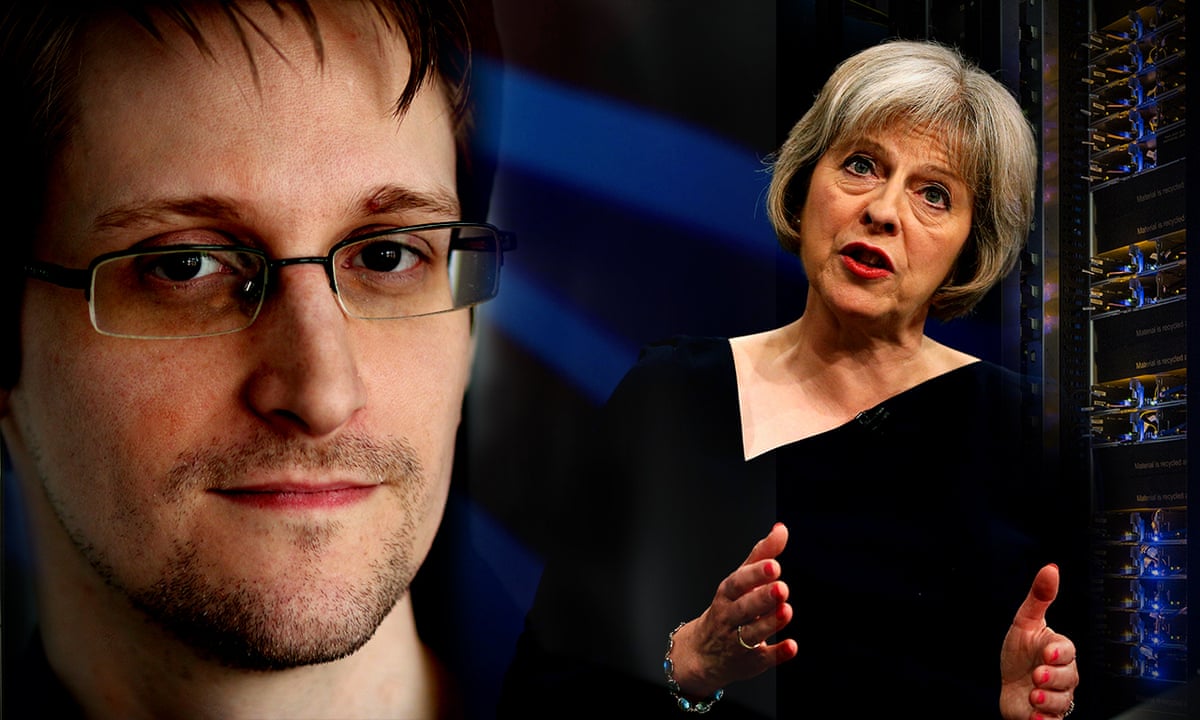Police and intelligence officers will be able to access suspects’ “internet connection records”.
But new safeguards, including allowing judges to block spying operations, will be introduced to prevent abuses.
The home secretary said the powers in the draft Investigatory Powers Bill were needed to fight crime and terror.
The large and complex draft bill also contains proposals covering how the state can hack devices and run operations to sweep up large amounts of data as it flows through the internet, enshrining in law the previously covert activities of GCHQ, as uncovered by whistleblower Edward Snowden.
The draft bill’s measures include:
- A new criminal offence of “knowingly or recklessly obtaining communications data from a telecommunications operator without lawful authority”, carrying a prison sentence of up to two years
- Local councils to retain some investigatory powers, such as surveillance of benefit cheats, but they will not be able to access online data stored by internet firms
- The Wilson doctrine – preventing surveillance of Parliamentarians’ communications – to be written into law
- Police will not be able to access journalistic sources without the authorisation of a judge
- A legal duty on British companies to help law enforcement agencies hack devices to acquire information if it is reasonably practical to do so
Mrs May told MPs the draft bill was a “significant departure” from previous plans, dubbed the “snooper’s charter” by critics, which were blocked by the Lib Dems, and will “provide some of the strongest protections and safeguards anywhere in the democratic world and an approach that sets new standards for openness, transparency and oversight”.
The legislation brings together a variety of existing powers that cover how the home secretary and other ministers can authorise operations to intercept communications – such as telephone taps and other surveillance.
But it also proposes to order communications companies, such as broadband firms, to hold basic details of the services that someone has accessed online – something that has been repeatedly proposed but never enacted.
This duty would include forcing firms to hold a schedule of which websites someone visits and the apps they connect to through computers, smartphones, tablets and other devices.
Police and other agencies would be then able to access these records in pursuit of criminals – but also seek to retrieve data in a wider range of inquiries, such as missing people.
Mrs May stressed that the authorities would not be able to access to everyone’s browsing history, just basic data, which was the “modern equivalent of an itemised phone bill”.
Source: Surveillance bill includes internet records storage – BBC News

